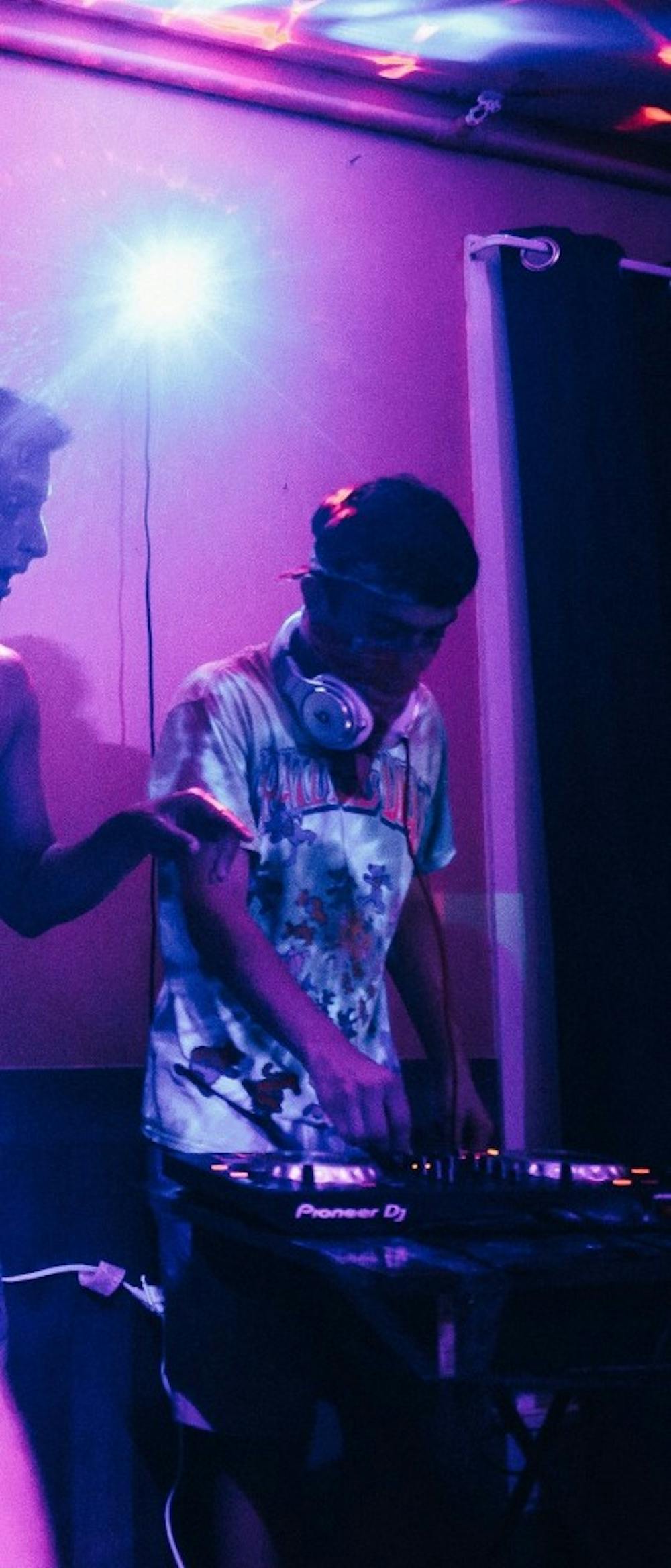As students were registering for their fall classes, one class has the potential to stick out — MUSC 155: The Art and Culture of the DJ. Mark Katz teaches this unique class that combines an exploration of the importance of DJ culture, as well as an introduction to DJing skills.
Katz has been researching the art of DJing and the culture surrounding it for decades. He has also written three books. His first, "Capturing Sound: How Technology has Changed Music," describes DJ battles, and his third book, "Groove Music: The Art and Culture of the Hip-Hop DJ," is entirely about the art of hip-hop DJing.
His expertise in a niche topic inspired him to teach the subject and spread awareness on what he and others in his field view as an important, yet overlooked, topic in today’s world.
“For the outsider at first glance, it might seem like an odd or trivial subject to teach a course about; ‘Why do we care about DJs?' But there have been lots of reasons to study the phenomenon of the DJ,” Katz said. “One is that the DJ as a musical figure, and a cultural figure, is one of the most important popular cultural figures in the world now."
Because DJs are largely a product of their time, they are intertwined with modern social issues and topics, including technology, culture, gender and sexuality.
Katz says the current club culture comes with plenty of caveats and downfalls, but a lot of DJs are helping to improve some of the toxicity surrounding the culture.
"When I teach, I talk about safe spaces and unsafe spaces in clubs. We all know, unfortunately, about the reality of sexual assault in clubs, and these are spaces that DJs occupy and often work to try to intervene in these situations," Katz said. "So, really, it turns out that DJs are at the center of really significant, pressing and timely issues that are relevant to college students and are important in society.”
No prior experience or knowledge is required to take the class, but Katz’s expertise surrounding the subject often inspires his students to delve deeper into the topic.
Some students even begin to DJ after taking the class because, in addition to learning about the culture, there are also interactive labs, open to anyone, where students can learn how to use the equipment used by DJs. One of Katz’s former students, Jack Mishra, helps run these labs now and recommends the class to anyone even slightly interested in the topic.




